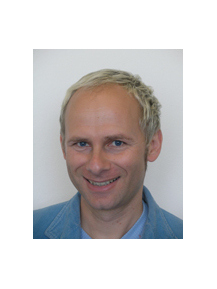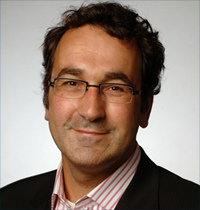
A few months ago, a researcher told Evelien Oostdijk there might be a problem with a 2014 JAMA study she had co-authored.
The study had compared two methods of preventing infection in the intensive care unit (ICU). But a separate analysis had produced different results.
Oostdijk, from the University Medical Center Utrecht in The Netherlands, immediately got to work to try to figure out what was going on. And she soon discovered the problem: The coding for the two interventions had been reversed at one of the 16 ICUs. This switch had “a major impact on the study outcome,” last author Marc Bonten, also from the University Medical Center Utrecht, wrote in a blog post about the experience yesterday, because it occurred at “one of the largest participating ICUs.”
When Oostdijk and a researcher not involved in the study analyzed the data again, they discovered a notable difference between the revised and original findings: The new analysis revealed that one of the interventions had a small but significant survival benefit over the other.
Oostdijk and Bonten, who supervised the re-analysis, notified their colleagues of the revised study outcomes and contacted the journal requesting a retraction and replacement, which was published yesterday in JAMA.
According to the notice of retraction and replacement:
Continue reading “Think of the unthinkable:” JAMA retraction prompts author to urge others to share data
 A cardiology journal has retracted a paper after the authors were unable to provide correct pathology slides to replace the wrong ones submitted with the original manuscript.
A cardiology journal has retracted a paper after the authors were unable to provide correct pathology slides to replace the wrong ones submitted with the original manuscript.
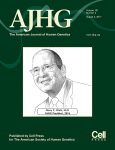 The father of a boy with a rare genetic mutation has accused a scientist of exploiting his child by proclaiming the defect a “genetic syndrome” and naming it after herself.
The father of a boy with a rare genetic mutation has accused a scientist of exploiting his child by proclaiming the defect a “genetic syndrome” and naming it after herself.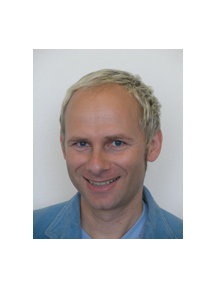
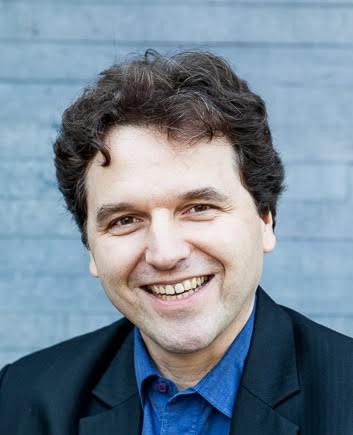


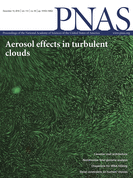 By now, most of our readers are aware that some fields of science have a reproducibility problem. Part of the problem, some argue, is the publishing community’s bias toward dramatic findings — namely, studies that show something has an effect on something else are more likely to be published than studies that don’t.
By now, most of our readers are aware that some fields of science have a reproducibility problem. Part of the problem, some argue, is the publishing community’s bias toward dramatic findings — namely, studies that show something has an effect on something else are more likely to be published than studies that don’t.